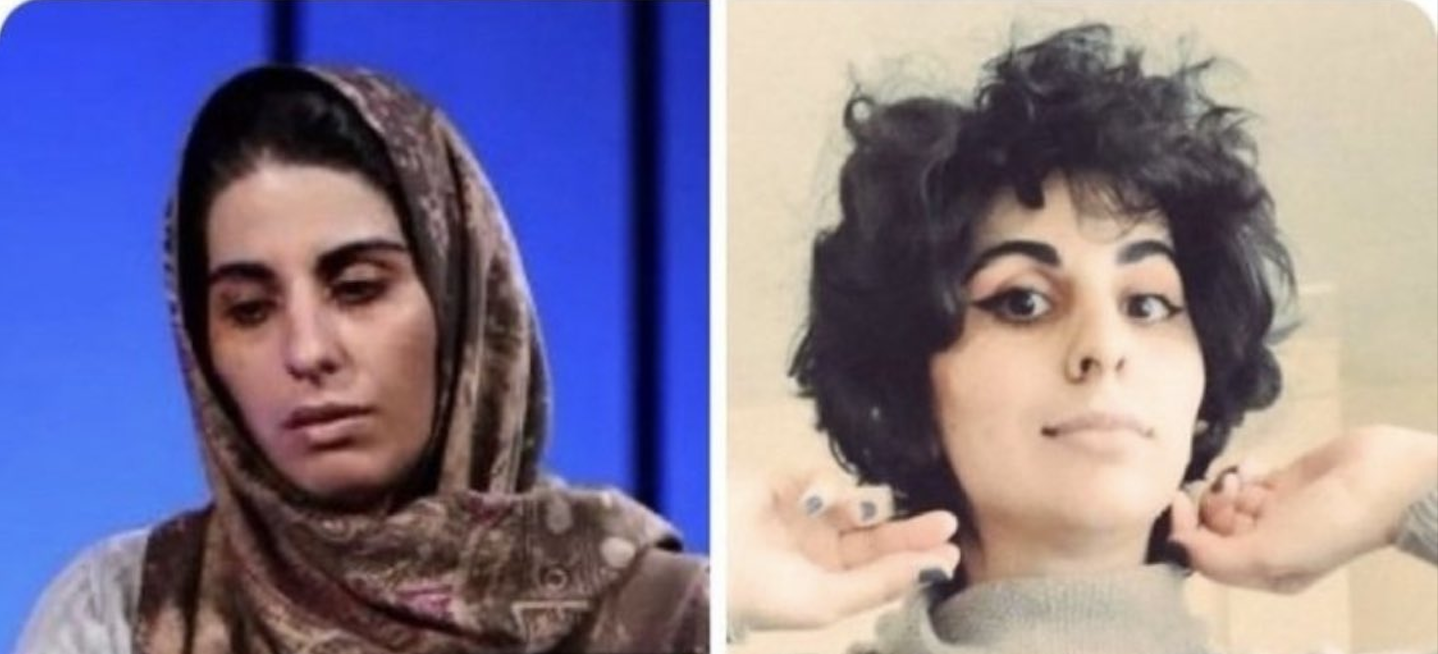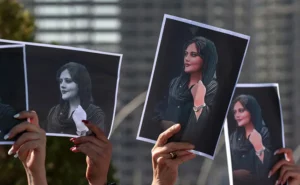As the hardline administration of Ebrahim Raisi continues its widespread crackdown across Iranian society and tightened restrictions on women’s dress, the issue of compulsory hijab has spurred greater public criticism. One video that went viral last month showed a woman harassing a young woman for not wearing her hijab on a public bus and threatening to show the video to authorities. Reports last month identified the young woman as 28-year-old writer and artist Sepideh Rashno and stated that she had been arrested by police after the incident on the bus.
Following the viral video and Sepideh’s arrest, Iranians on social media shared a hashtag demanding to know Sepideh’s whereabouts and condemning her “forced disappearance.” These disturbing images—along with other viral videos like a mother throwing herself in front of a Gasht-e Ershād (Guidance patrol) van begging for her daughter to be released—have prompted angry reactions among many Iranians who strongly oppose the draconian mandatory hijab law.
Days after the online campaign asking “where is Sepideh,” Iranian television broadcast a video of Rashno, clearly looking subdued and even abused and tortured. Not surprisingly, the video of Rashno’s forced ‘confession’—a practice that Iranian authorities have long-used—sparked justified outrage among Iranians. Iranians online as well as recognized activists expressed their anger at the disgraceful video showing Rashno in such a state.
The case of Rashno is an alarming reminder of the various ways in which Iranians face injustice and expanding repression at the hands of their government. For the simple act of wanting to choose her own attire, Sepideh was harassed in public, arrested, abused and forced to ‘confess’ as though she had committed a true offense. Despite this televised farce, Iranians across the country have shown their courage through continued resistance. Iranian authorities must abide by their human rights obligations and listen to the voices of their citizens, who are demanding their most basic rights be protected.
Back to top

